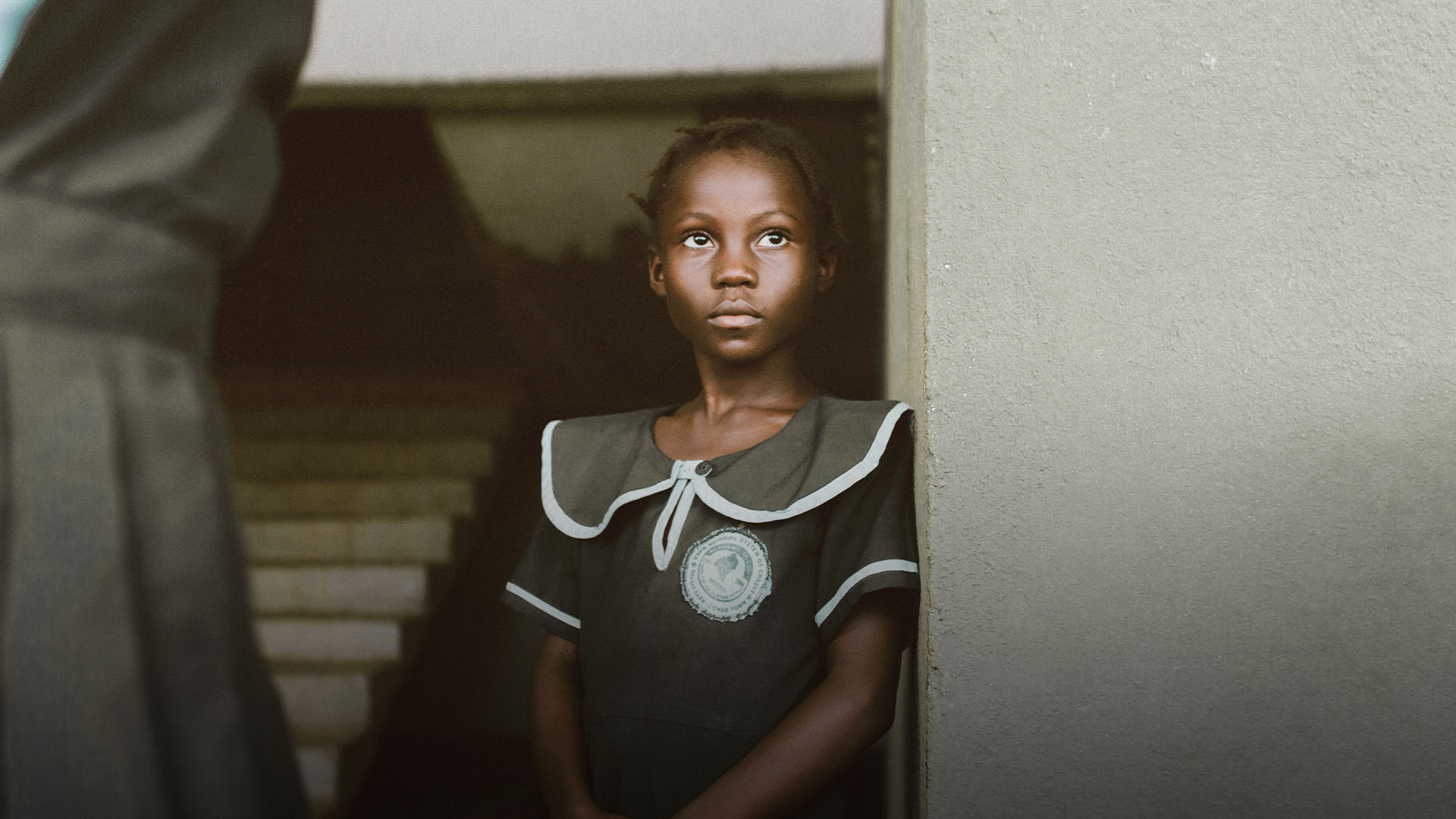As the pandemic lingers, the church in Africa is looking for ways to support the vulnerable in their communities and weather this social and economic storm.
Like many countries in Africa, Liberia did not begin to experience the coronavirus pandemic until later than Asia and the West. The first cases cropped up in the beginning of April, and for a while, it looked like the lockdown was effectively flattening their curve.
The economic costs of this safety measure were harsh, however, and to make matters worse, COVID cases began swiftly climbing in June as winter settled in over the Southern Hemisphere.
Many church leaders and members there are focusing now more than ever on how they can prevent COVID from spreading and also alleviate the suffering that is growing in their communities.
Growing Needs Inside and Outside
Our partners wrote, “One of the key issues facing our people are shortages of food and other essentials. When the president of Liberia announced on March 16 that the virus had entered Liberia, we started to experience rising prices for basic commodities, especially food items and disinfectants.
These hiking prices for rice, water, any form of transportation as well as medicines have made life worse and worse for people.
“These needs are major challenges among the communities and churches where we have been working. Many parents cannot afford a daily meal for themselves and their children, and even those who are in our church and evangelistic ministries are faced with the same challenges.”
In some communities, church members and volunteers have observed that some households do not even have hand-washing buckets and many people are going hungry.
Reaching Out a Helping Hand
Several elderly church members and believers within churches have been challenged by these recent events. Most of them live hand to mouth, day by day. They depend on daily work, or if they are a women, what they sell in the marketplaces in order to feed their families.
Now, with COVID, making this kind of living is almost impossible.
Our partners’ church planting and health ministry branch has been focused on sanitation and food relief. They are helping improve awareness about COVID-19 and prevention measures among community members, as well as comforting those who are tormented with anxiety for what the future may hold. They are also creating programs to distribute sanitizer and soap to locals so that they can hopefully avoid contracting the illness.
On a hopeful note, one partner added that they “most recently saw 63 people come to Christ as a result of their CHE [community health evangelism] training on ‘Loving Your Neighbor During the Time of COVID-19.’”
